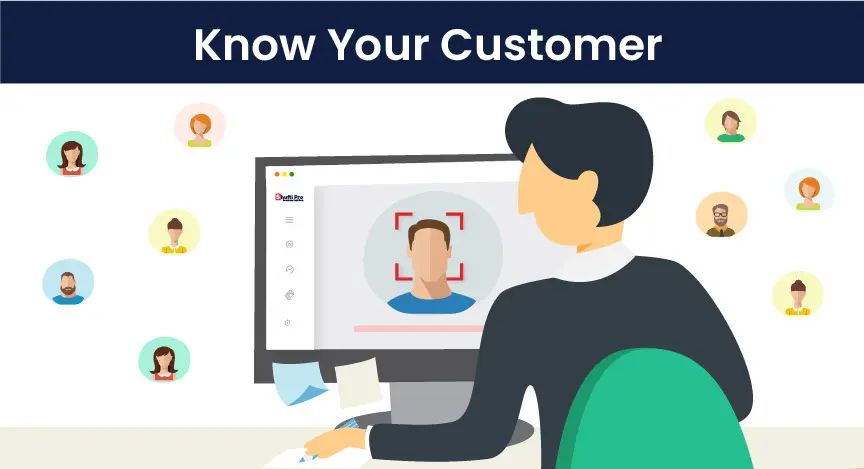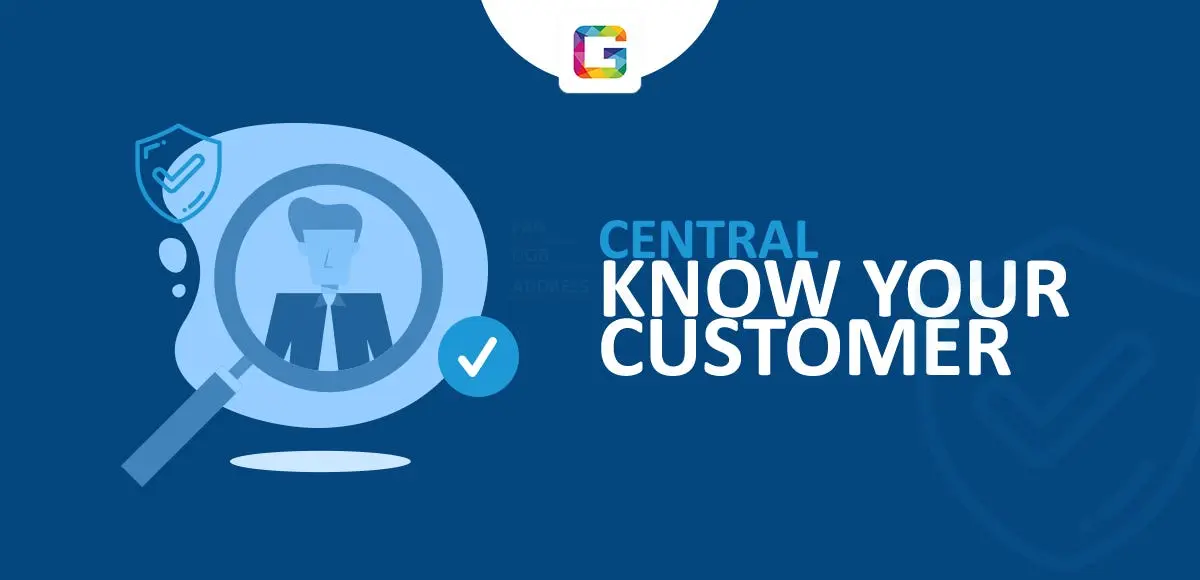
Traditionally, KYC was mainly used in the banking industry to verify financial transactions and ensure that they were dealing with real people. Today, however, the growth of online businesses means that business owners must invest in KYC solutions to ensure their businesses remain compliant and their transactions are legitimate.
Importance of KYC

Businesses that don’t invest in KYC have the risk of falling prey to fraudsters. People transacting with businesses online have a high level of anonymity, which some take advantage of to defraud businesses.
In addition, KYC is a means for regulated businesses to comply with existing regulations, such as those against money laundering and financing of terrorist activities. For example, with the emergence of new online casinos, those committing financial crimes can take advantage of such platforms to launder money or facilitate other crimes.
In addition, KYC allows businesses to protect sensitive customer data and prevent its loss to malicious parties. Such losses could cost businesses significantly due to fines for non-compliance and lawsuits.
KYC authentication requires a minimum of identity verification. This can be done by providing a government-issued means of identification, such as a passport, ID, or driver’s license, and proof of residence documentation, such as utility bills and rental agreements.
The KYC process follows four main processes:
Customer Identification
Customer identification is the first step in the KYC process. At this point, your business will collect key identifying information from the customer. This information might include the customer’s name, date of birth, official documentation, addresses, and contact information.
After collecting this information, your business conducts a background check to ensure that the information provided is accurate.
Customer Due Diligence
Customer due diligence is the second step in the KYC process. It involves a deeper look into the customer to assess their risk profile based on transaction history, patterns, customer source of funds, and risky entities that the customer may be related to. At this stage, your business categorizes the customer based on their risk level as low, medium, or high-risk.
Enhanced Due Diligence
If you find a customer to be a high-risk individual, the next step is to conduct enhanced due diligence to continue monitoring their activity. This includes focusing on their source of funds, political connections, and business relationships. After this, you can categorize the customer’s risk profile as high, medium, or low.
Ongoing Monitoring
Ongoing monitoring allows your business to keep up with your customer’s transaction habits and assess the associated risks. This allows you to take action when a risk emerges and to remain compliant with existing regulations.
Top KYC Solutions
KYC is important, but it is also time and resource-consuming. Plus, if you are handling a large number of customers, it can be hard to keep track of who’s doing what. In this case, it is best to work with a comprehensive KYC solutions provider. If you have international clients, look for a KYC provider with global coverage. Here are some providers to consider:
- KYC Hub
KYC Hub is an integrated KYC solutions provider that provides global customer verification across more than 200 countries. Among their KYC services are:
- Identity verification
- Digital signatures
- Liveness check
- Email verification
- Government database verification
- Document verification
- Biometrics
They help businesses simplify their customer onboarding processes while ensuring compliance with KYC/AML regulations. In addition, they provide ongoing monitoring to ensure your business remains compliant and notify you in case of changes in a customer’s risk profile.
KYC Hub helps businesses reduce their operational costs through its automated KYC solution. This solution streamlines customer onboarding, thus preventing issues such as drop-offs. This ensures a smooth customer experience while ensuring your business remains compliant.
- iDenfy
iDenfy is a comprehensive identity verification, fraud prevention, and compliance solution designed to detect cybercrime in real life. This solution employs various technologies, including biometrics, liveness detection, artificial intelligence, and the input of professional teams to support the KYC needs of various businesses.
iDenfy supports businesses in over 200 countries and territories. They use various document types as part of the verification process, including passports, ID cards, driving licenses, residence permits, visas, and military cards.
This solution ensures compliance with KYC and AML regulations, thus protecting your business from fraud. It also automates the KYC process, ensuring that you can onboard more customers without increasing the risk of fraud to your business.
- Sanction Scanner
Sanction Scanner is a UK-based company that helps businesses across various industries in more than 200 countries and territories comply with AML regulations. Among their services are:
- AML name screening that is updated every 15 minutes to allow your business to detect potential risks
- Transaction screening to help detect suspicious transactions seamlessly without causing unnecessary delays in money transfer processes
- Assessing customer risks
This solution works by checking customers across various databases to assess their risk levels. Some of the lists they rely on include:
- UN sanctions
- Office of the Superintendent of Financial Institutions (CA)
- Department of State, Nonproliferation Sanctions
- UK financial Sanctions
- EU financial sanctions
Factors to Consider When Choosing a KYC Solution

Not every KYC provider is right for your business. To choose a provider and solution that works for you, you need to consider several factors.
First, consider the global coverage of your customer base. If your business deals with customers around the world, then find a KYC partner with global coverage.
Next, consider the risk your business is exposed to. Some businesses are at a higher risk of fraud than others. For example, businesses in the financial sector are often targeted by criminals, thus having stricter KYC/AML regulations and more likelihood of fraud. If your business is a high-risk one, then you should invest in a comprehensive solution that meets the highest industry standards.
Finally, the pricing policy of the solution providers must be determined. Providers may charge you per verification or complete verification. Understanding what each verification provider provides will help you determine what solution works best for your business.
Final Word
KYC is becoming an essential part of businesses across various sectors, especially with the growth in online transactions and cybercrime. Investing in a good KYC partner is key to ensuring that your business remains compliant while protecting yourself from fraudsters and financial crimes. For more info please visit the networkustad.
